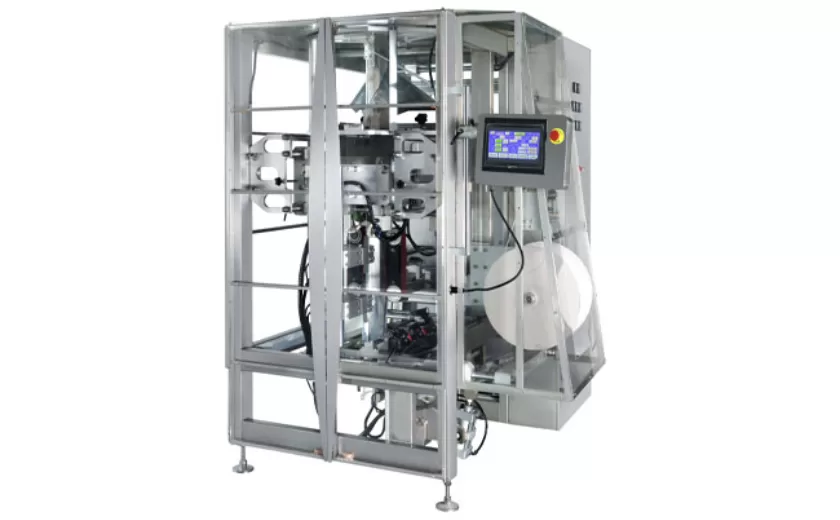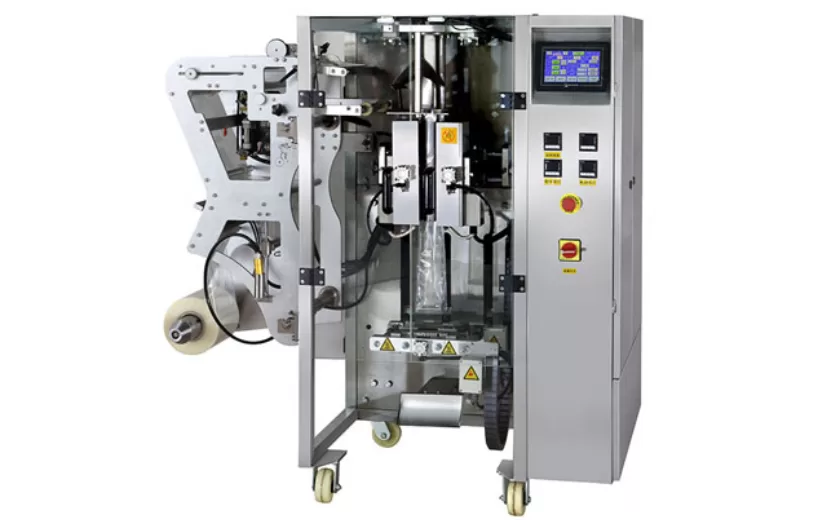Understanding Compliance Regulations for Granule Packaging
In the intricate world of manufacturing and packaging, adherence to regulatory standards is paramount. Granule packaging, in particular, is subject to stringent compliance requirements to ensure product safety, quality, and consumer protection. Understanding these regulations is crucial for businesses and manufacturers to avoid legal liabilities and maintain a competitive edge in the marketplace.
Legal Framework and Compliance
Compliance with granule packaging regulations is a legal obligation. Governments worldwide have established frameworks of laws and standards to govern the production, packaging, and distribution of granules. These regulations aim to protect consumers from health hazards, ensure product integrity, and promote fair competition. Manufacturers must be aware of the specific regulations applicable to their products and markets.
Product Safety and Quality
Granule packaging regulations prioritize the safety and quality of products. They set standards for the materials used in packaging, such as the thickness, composition, and labeling requirements. These regulations ensure that the granules are protected from contamination, moisture, and other factors that could compromise their potency or quality.
Consumer Protection and Information
Protecting consumers is a central objective of granule packaging regulations. They mandate clear and accurate labeling, including information about the product’s ingredients, dosage, warnings, and expiration date. This information empowers consumers to make informed choices and use granules safely. Regulations also prohibit deceptive or misleading packaging practices that could mislead consumers.
Traceability and Supply Chain Management
Ensuring product traceability is vital for maintaining product integrity and facilitating recalls when necessary. Granule packaging regulations require manufacturers to implement effective traceability systems. These systems provide a detailed record of the product’s journey, from raw material sourcing to distribution and retail. This allows authorities to quickly identify and isolate any batches that pose a risk to consumers.
Environmental Considerations
Compliance with granule packaging regulations also involves environmental considerations. Manufacturers are expected to use sustainable packaging materials and processes to minimize waste and protect the environment. These regulations encourage the use of biodegradable or recycled materials and promote eco-friendly packaging practices throughout the supply chain.
Certification and Accreditation
To demonstrate compliance with granule packaging regulations, manufacturers may seek certification or accreditation from independent organizations. These certifications provide assurance to regulators and consumers that the products meet the required standards. Various industry bodies offer certification programs, which typically involve rigorous audits and inspections to verify adherence to the applicable regulations.
Understanding compliance regulations for granule packaging is essential for businesses to operate legally, maintain product quality, protect consumers, and enhance their market reputation. By adhering to these regulations, manufacturers can ensure the safety, integrity, and transparency of their products, fostering trust among consumers and building a sustainable and successful business in the highly regulated granule packaging industry.
-

Efficient Liquid Filling and Packing Machines for Modern Production
23-10-2025 -

Reliable Granule Packaging Machines for Efficient Production
23-10-2025 -

Efficient Auger Powder Filling Machines for Accurate Packaging
23-10-2025 -

High-Performance Liquid Filling and Packing Machines for Hygienic Production
10-10-2025 -

High-Efficiency Granule Packaging Machines for Precision and Speed
10-10-2025 -

High-Precision Auger Type Powder Filling Machines for Efficient Packaging
10-10-2025 -

Efficient Vertical Form Fill Seal Packaging Machines for Smart Production
10-10-2025 -

Vertical Form Fill Seal Machine Solutions for Efficient Packaging
10-10-2025 -

Efficient Packaging Solutions with Advanced Vertical FFS Machines
10-10-2025 -

Vertical FFS Machine Solutions for Efficient Packaging
30-09-2025





